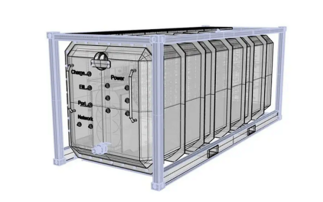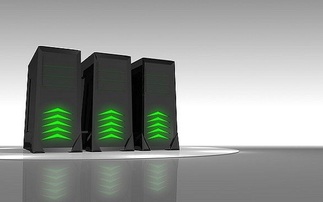Chip and server vendors are attempting to halt spiralling datacentre power demands
Datacentre heat is a growing problem Sun, IBM, AMD and Intel have all announced plans for more power-efficient products as concerns over energy efficiency, floor space and social responsibility f...
To continue reading this article...
Join Computing
- Unlimited access to real-time news, analysis and opinion from the technology industry
- Receive important and breaking news in our daily newsletter
- Be the first to hear about our events and awards programmes
- Join live member only interviews with IT leaders at the ‘IT Lounge’; your chance to ask your burning tech questions and have them answered
- Access to the Computing Delta hub providing market intelligence and research
- Receive our members-only newsletter with exclusive opinion pieces from senior IT Leaders
















